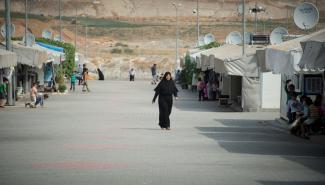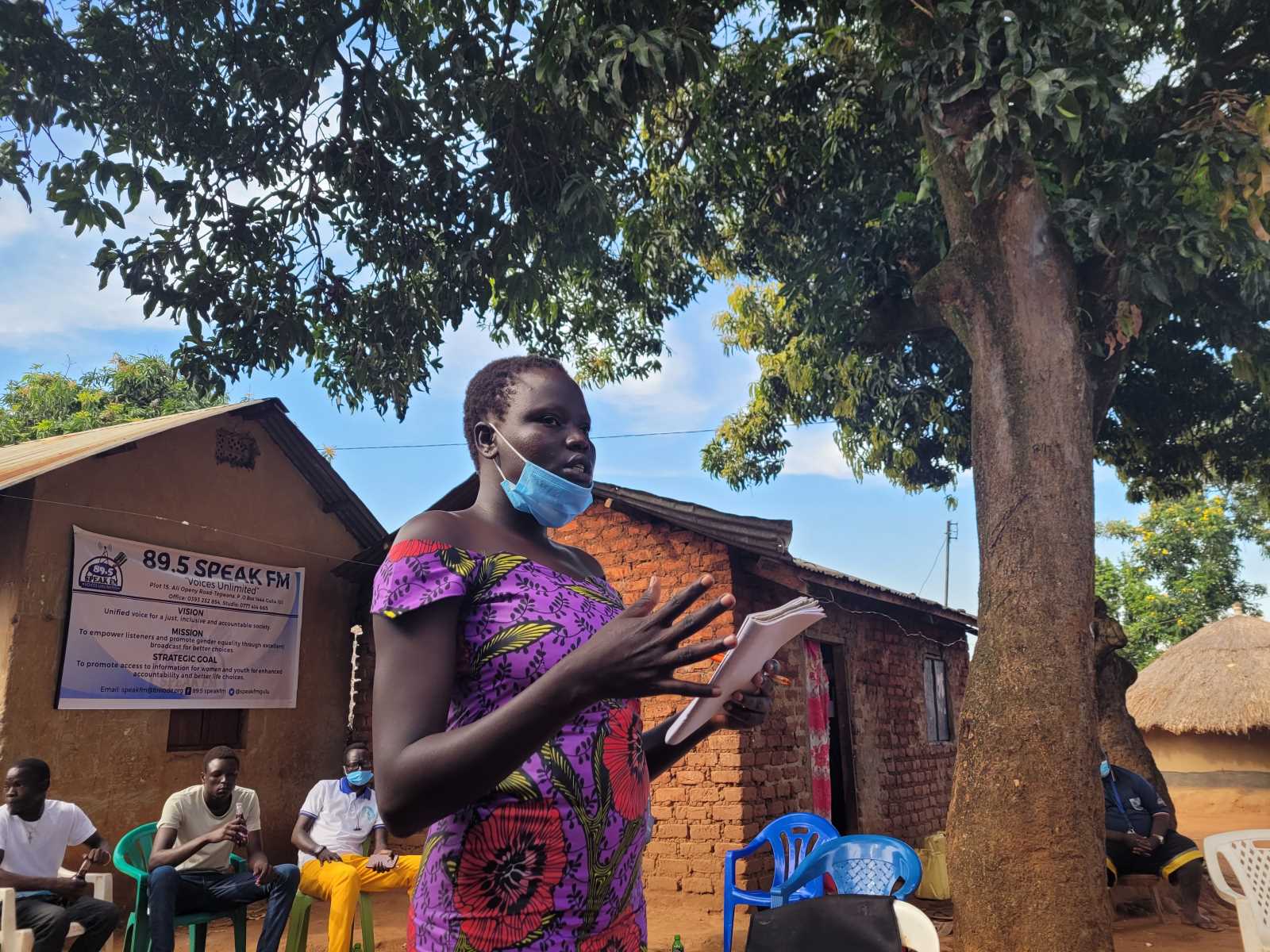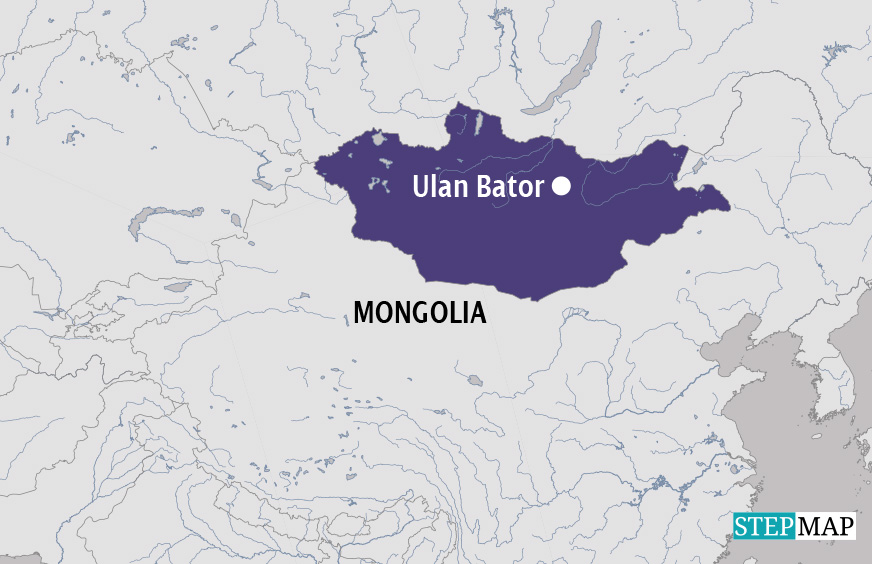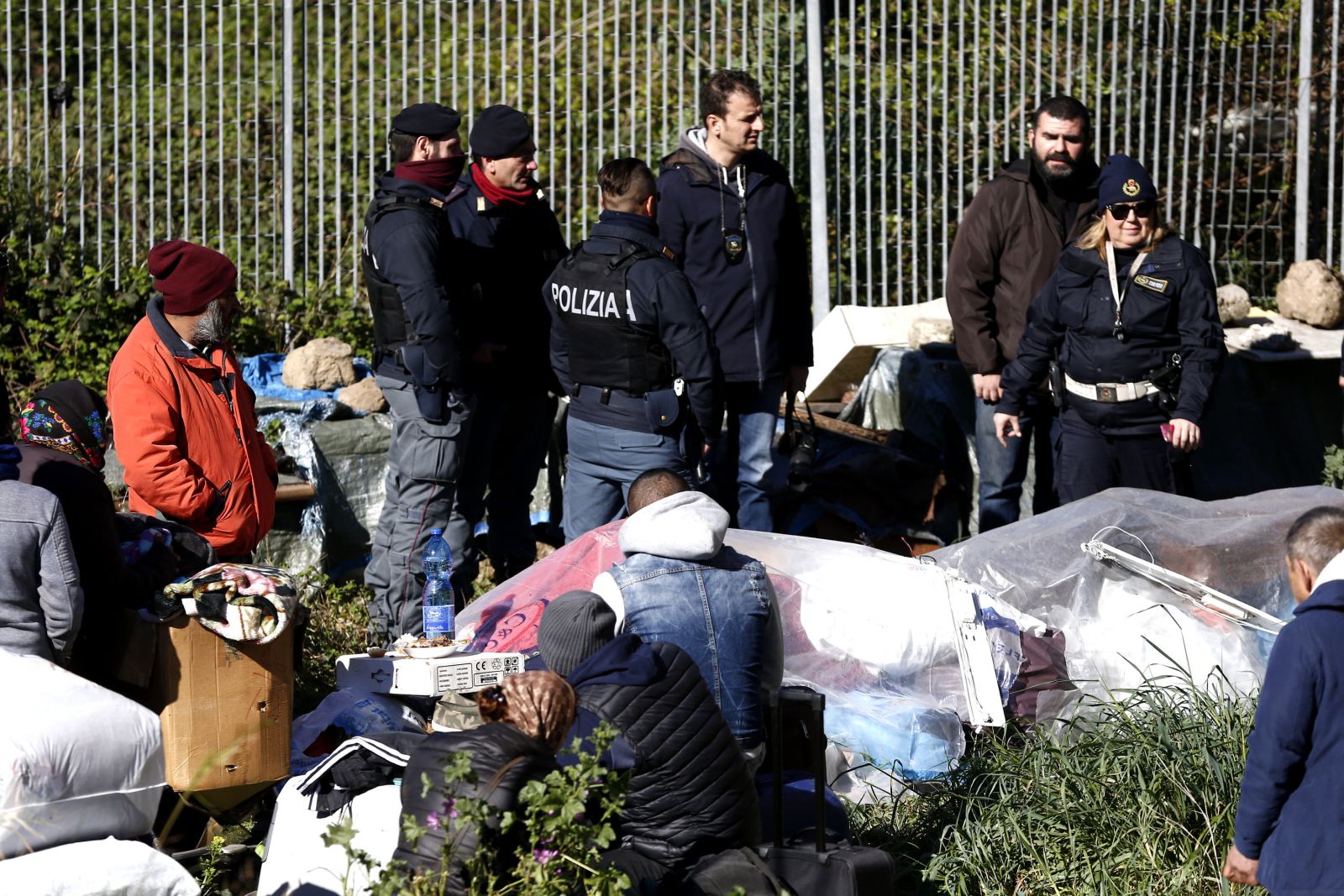Comment
Migrants’ participation matters

The decisions of the GFMD are non-binding. Its participants are governments and civil-society agencies. The forum serves to share experiences and pave the way for initiatives. Eight years after it was established, the right questions were being asked at the GFMD, not shying away from controversial topics. It remains debatable, however, whether the results of GFMD discussions have an influence on the drafting of national policies.
One of the more tangible projects that arose in the context of the GFMD is the initiative called Migrants in Countries in Crisis (MICIC). It was started by the USA and the Philippines. By June 2016, MICIC is supposed to define principles and practices in support of migrants in crisis areas. In the eyes of Ignacio Packer, the general secretary of the international non-governmental network Terre des Hommes, this is a step in the right direction, but he says the initiative’s focus on states in crisis is too narrow. Instead, he believes that it should encompass all migrants affected by crisis situations regardless of their current location rather than only those in crisis areas.
Independent organisations like the Migrant Forum in Asia (MFA) point out, moreover, that migrants in crisis situations are not necessarily defenceless victims. They can contribute to providing aid, for example. Strong networks of migrants can become active at the local level and mobilise support from diaspora organisations.
Refugees should also become involved in public affairs. Fuat Oktay, the director of Turkey’s civil protection agency, reports that residents of Turkish refugee camps can appoint their own spokespersons and are able to start organisations.
Whereas Turkey’s refugee camps are considered exemplary in several regards, the opposite is true of how repressively the government treats Turkish civil society. Moreover, the NGOs that deal with migration and flight in Turkey only have weak links to one another. That was evident in Istanbul as they only held a one-day strategic meeting rather than hosting an extensive parallel event as had been done in the past.
Ignacio Packer of Terre des Hommes points out that space for civil-society activism is shrinking all over the world. He reports that in the past two years alone, over 60 countries drafted or even passed laws limiting activities of NGOs working on behalf of migrants. When MICIC consultations were launched, however, it was simply “forgotten” to involve migrants’ organisations. Their participation in future meetings was only ensured thanks to a side event hosted by civil society.
Broad based participation is also relevant in regard to mobility and sustainable development, the second major topic of the GFMD meeting in Istanbul. Thanks to the insistence of migrants’ organisations, migration was made an issue of the UN 2030 agenda of Sustainable Development Goals (SDGs). Now that it is time for countries to act accordingly, however, there is no guarantee that migrants will be involved in the policy processes.
It is indisputable that the international community urgently needs to address the challenges of migration. It is equally clear that it is not equipped to tackle the issue appropriately. Migrants’ organisations can be valuable partners in this context, for instance, by helping to define standards for recruitment agencies.
Dialogue between governments and civil society must become a year-round process for the important questions raised at the GFMD to lead to answers in the form of practical policies. Next year the forum will convene in Bangladesh and in 2017 in Germany. Berlin should use its two years of preparation time to adapt the format of the GFMD to the challenges it is supposed to address.
Stefan Rother is a research associate in the Department of Political Science at the University of Freiburg.
stefan.rother@politik.uni-freiburg.de











